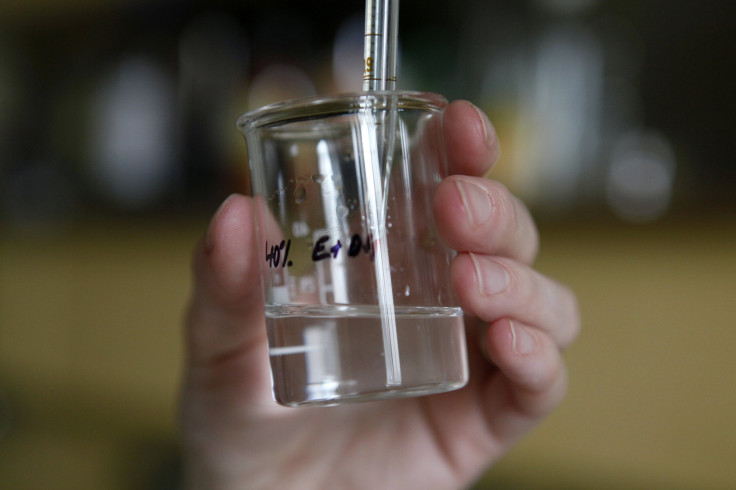Climate Change Action: Converting Methane To Methanol Using Water

Methane is one of the most potent greenhouse gases contributing to the warming of Earth, and all the associated climate change effects that follow. Despite accounting for a much smaller percentage of greenhouse gas emissions than carbon dioxide, methane is a lot more potent than CO2 at trapping heat.
It is produced through natural activity by both humans and animals, but industries — specially natural gas and petroleum, where methane is often a byproduct — as well as vehicles, are also large sources of the greenhouse gas. And scientists have come up with a novel process to convert this methane into methanol using water, which would both reduce the amount of greenhouse gases in the atmosphere, as well as produce methanol which can be used for other purposes.
The process, described in a study published Thursday in the journal Science, uses water to partially oxidize methane over a microporous aluminosilicate mineral called zeolite. The zeolite used in the process contains copper, and the unique configuration of the mineral allows water to act as an oxidant. The international team of researchers behind the study claims their process, which is simpler than current industrial methods, has an efficiency of about 97 percent.
The zeolite, which acts as a catalyst for the reaction, is first activated by heating in helium at 673 Kelvin (about 752 Fahrenheit), and then exposed to methane at a pressure of seven bar (700,000 Pascal) and water at 473 Kelvin (about 392 Fahrenheit). The only product of this reaction is molecular hydrogen, which is also a valuable commodity.

Referring to the potential use at gas well sites, where escaping methane is usually just burned away, the study says: “With water acting as the oxidant, no molecular oxygen is needed. This effectively anaerobic oxidation allows an efficient low-temperature activation of methane, potentially suitable for local single-reactor conversion of the off-gas, and methane in general, into one of the main precursors for synthesis of chemicals.”
Using water as an oxidant has its benefits as well. Researchers found the presence of water to stabilize the reactions, and also to help ensure an energy-efficient release of methanol.
“The anaerobic direct oxidation of methane to methanol demonstrated here is promising for cost- and energy-efficient, local on-site applications. After necessary further refinement of the herein proposed process to meet industrial requirements, the use of water instead of oxygen may contribute to development of an industrial process for the direct methane to methanol conversion,” the study, titled “Selective anaerobic oxidation of methane enables direct synthesis of methanol,” concludes.
Other than industries, agriculture — especially the rearing of livestock — is also a big contributor to methane emissions. Globally, the agriculture sector is distinctly the primary source of methane emissions.
In a five-year period, methane can trap up to 100 times more heat in the atmosphere than CO2, and in 20 years, 72 times more. Over 100 years, the heat trapping potential of methane is still 25 times that of carbon dioxide.
© Copyright IBTimes 2024. All rights reserved.











